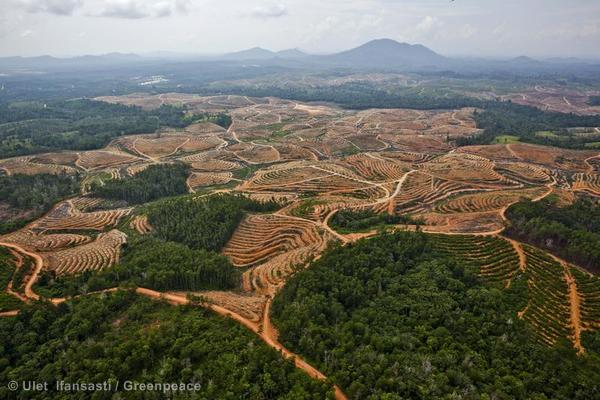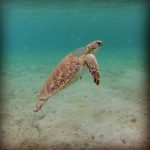
As 2016 draws to a close, it’s important to reflect upon the last 365 days. Just like the preceding years, 2016 had triumphs and failures in wildlife and habitat protection. Although we still have a lot of battles before us in the field of conservation, I feel that 2016 was the year of awareness. Global issues were brought to the forefront to be openly discussed. I have to hope that is a great start for things to come in 2017.
With each passing year, I am often asked how one person can make a difference. I completely understand how easy it is to feel disheartened. Especially when it seems like our most iconic species are on the brink of extinction or we are at risk of losing our ancient rainforests to clear cutting for cattle grazing or illegal logging. My response remains that a positive change has to begin somewhere. Why not with you, and why not now? There are always ways to get involved to help save the things we love the most.
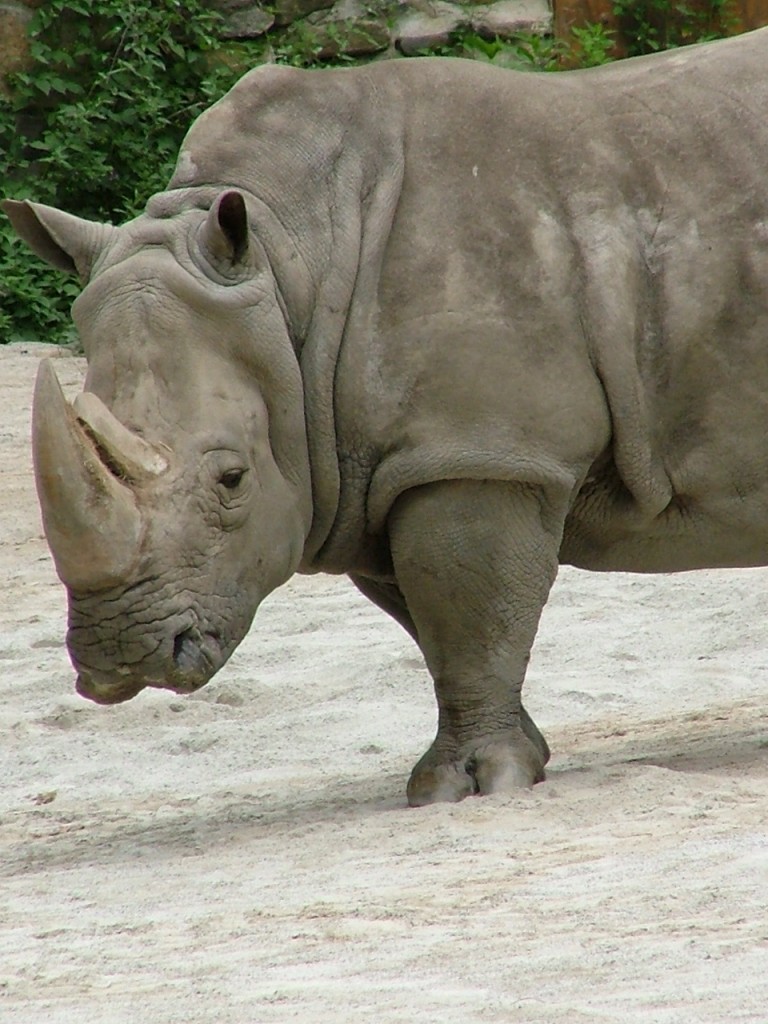
Poaching of elephants for ivory, rhino for horns, and sharks for fins continue daily at an alarming rate. Lend your voice to tell others “Hands Off Our Wildlife.” Never purchase wildlife products at home or abroad. Educate others who may not know about the plight of those species we risk losing because of poaching.
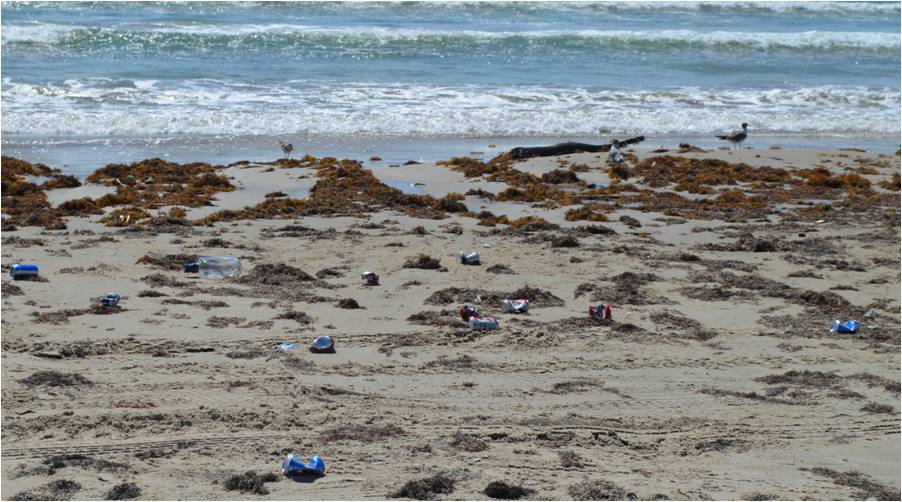
It is estimated that by 2050 there will be more plastic in the ocean than fish. Say no to single use plastic. By using reusable water bottles, coffee/tea cups, and utensils you are eliminating plastic rubbish that would end up in our seas. It is not enough to just excuse the use by recycling. In addition, plastic bags are literally choking turtles to death. Plastic has no place in 2017.
Deforestation and habitat destruction continue to threaten species in countries like Borneo and Sumatra. Palm Oil plantations use slash and burn techniques to clear land to plant palm trees for oil production. As consumers we have the power to influence companies. Take the time to look at the labels of products you purchase. Look for the certified registered sustainable palm oil (RSPO) label. Visit the Cheyenne Mountain Zoo’s Palm Oil Crisis website for a list of products that are made with safe palm oil.
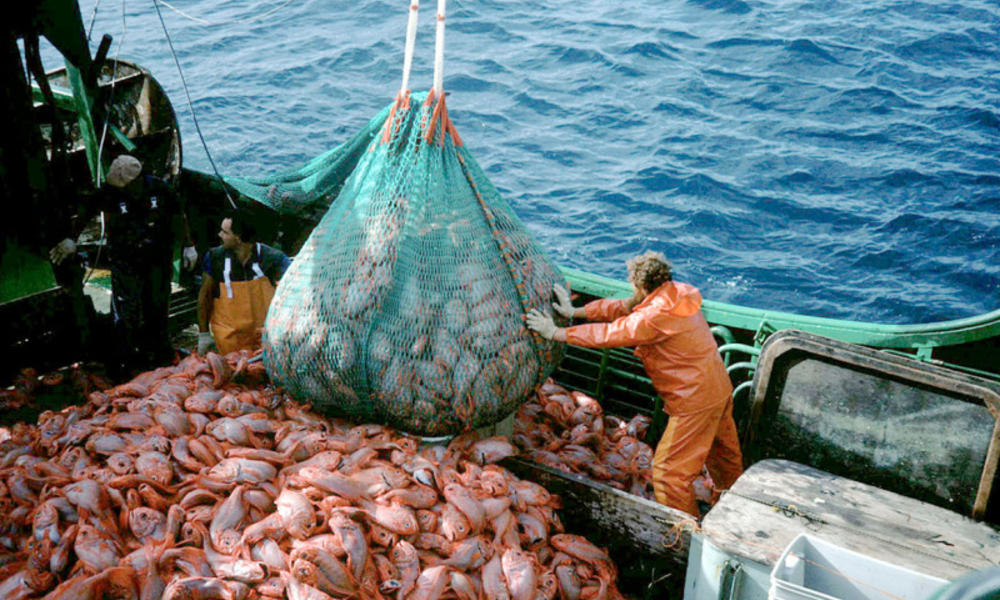
Did you ever stop to think about where your dinner comes from? Our oceans are being overfished. Collapse of fish populations are occurring in all of the oceans. The Monterey Bay Aquarium has designed an app that allows us to determine if specific fish should be included on or excluded from the menu. Check out the Seafood Watch website for additional information.
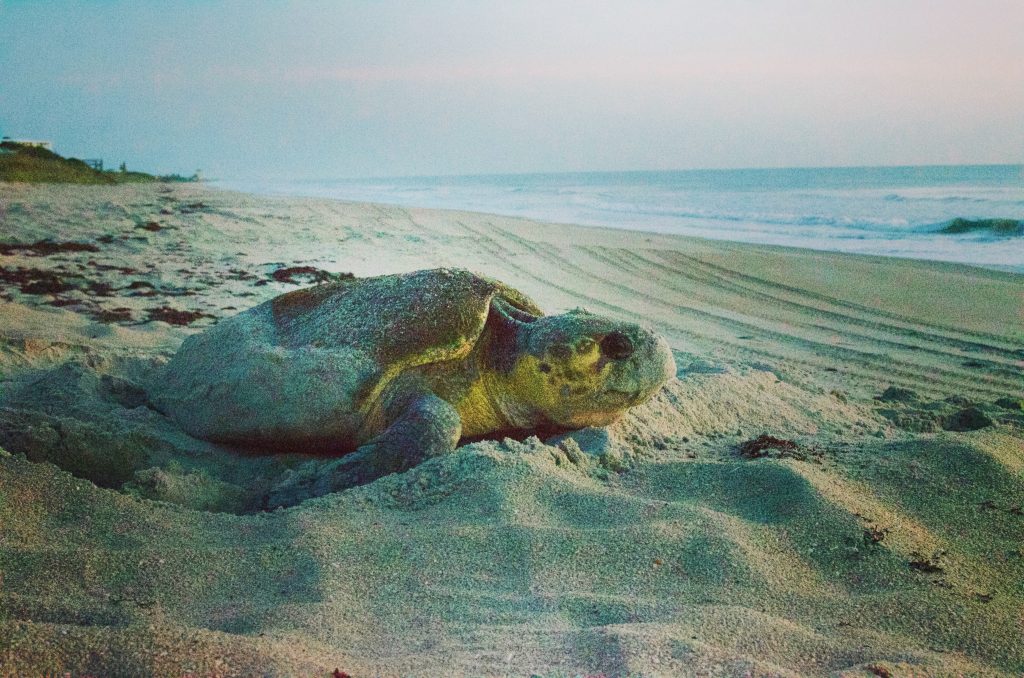
The smallest of acts can make the biggest difference. Begin in your own back yard. Plant a garden for pollinators. Pick up a few pieces of rubbish on your next trip to the park or beach. Be mindful that all water down our drains and chemicals on our lawns end up in our oceans. If 2016 was the year of awareness, let 2017 be the year of action!

